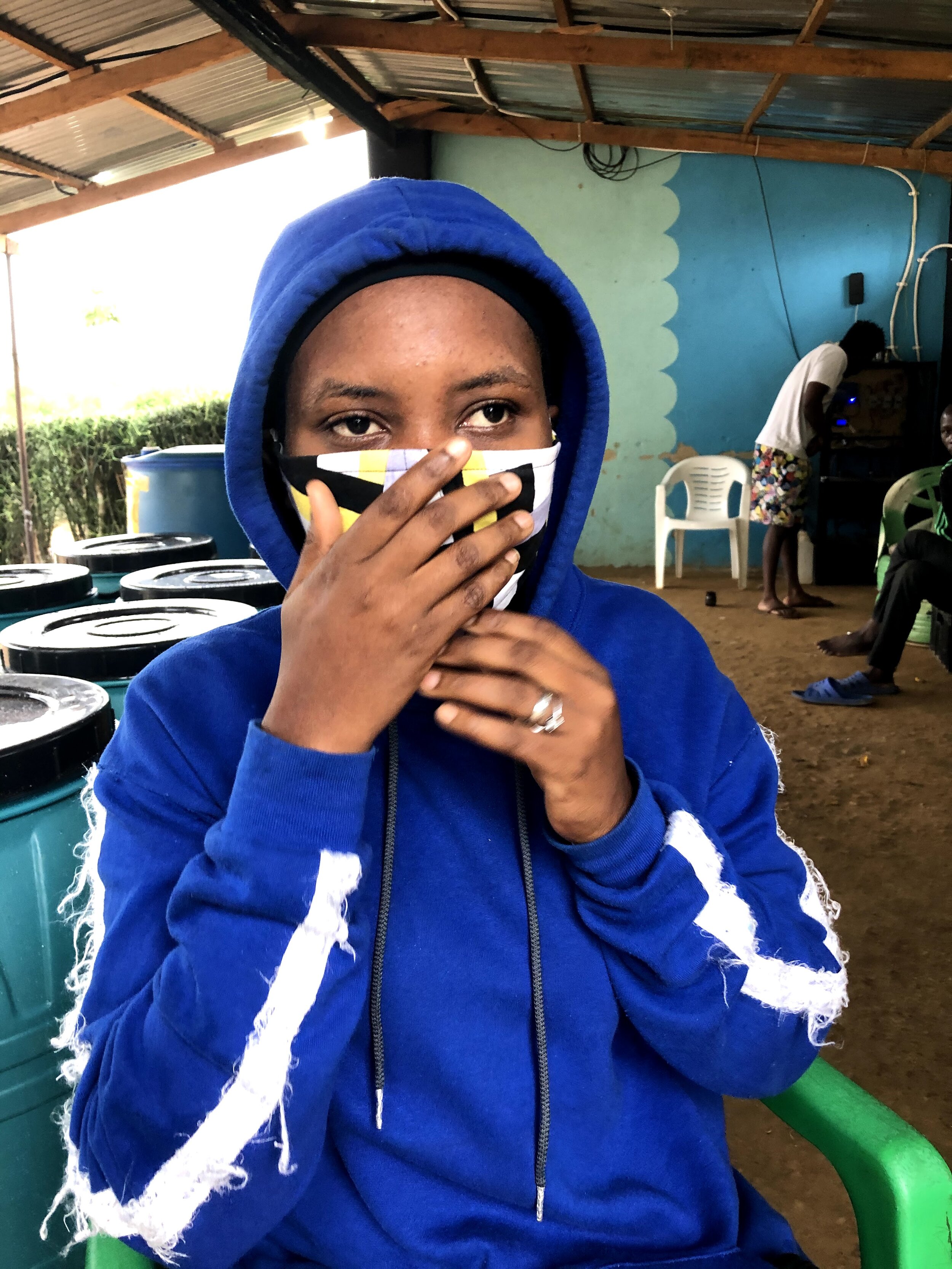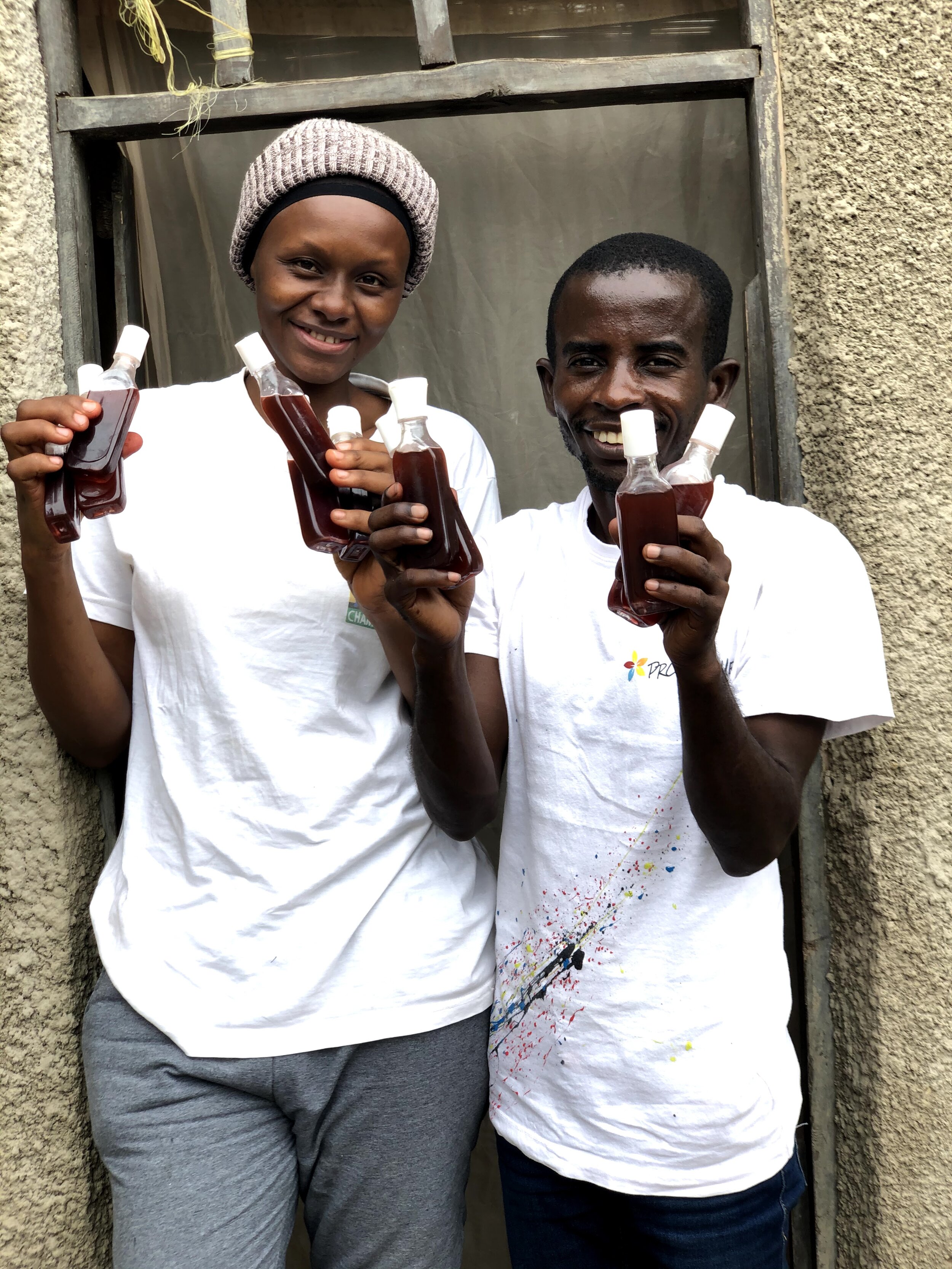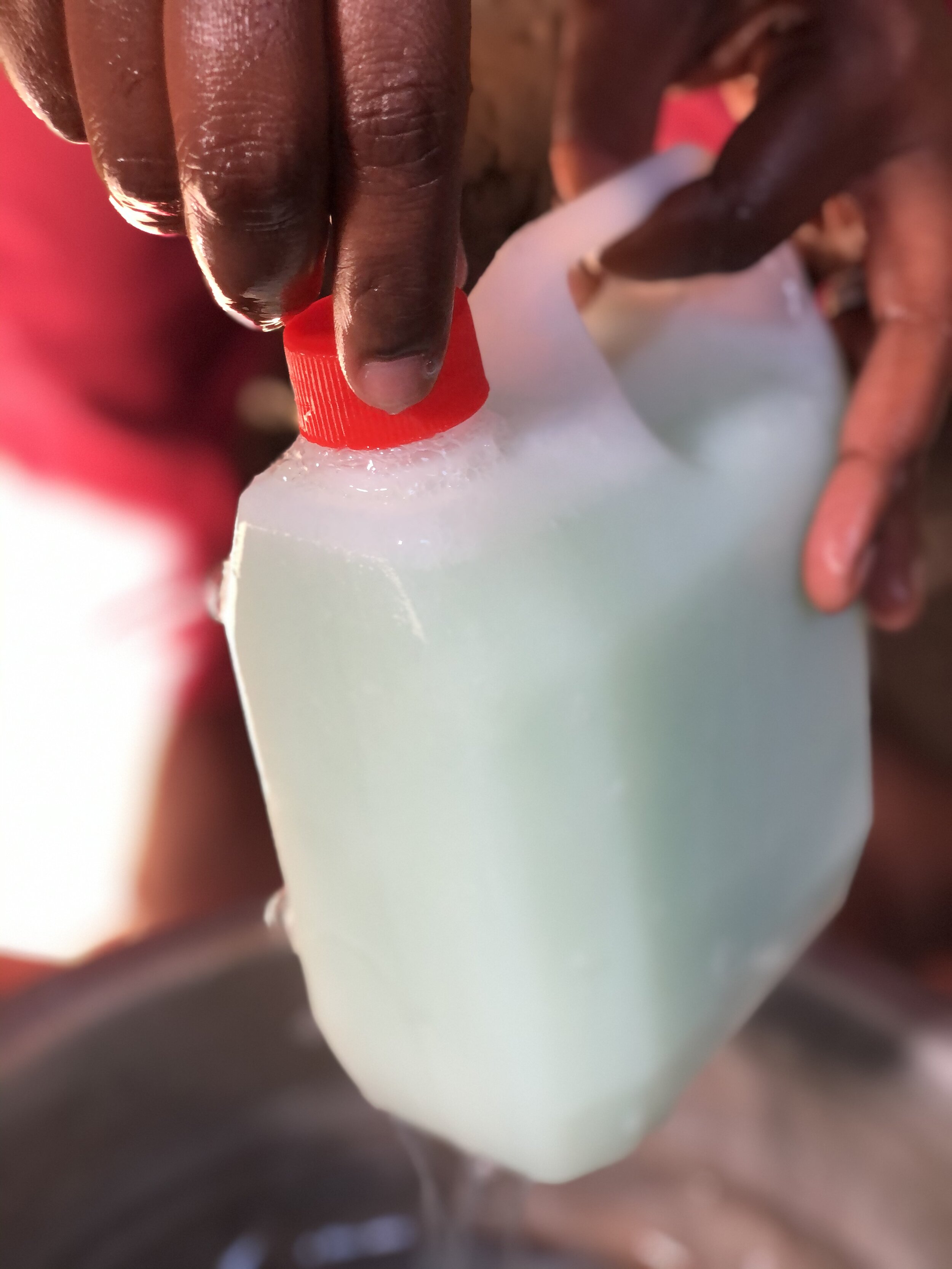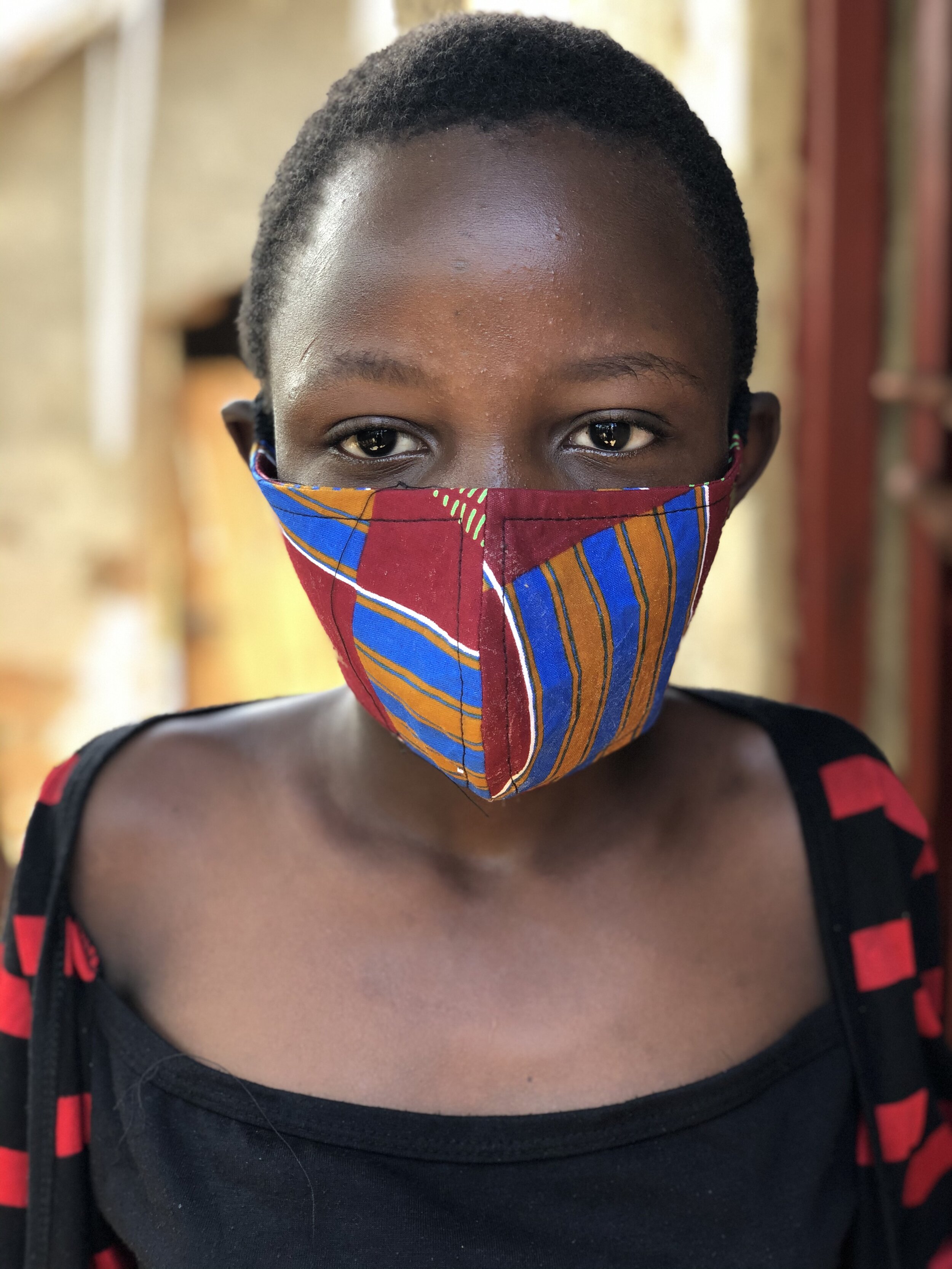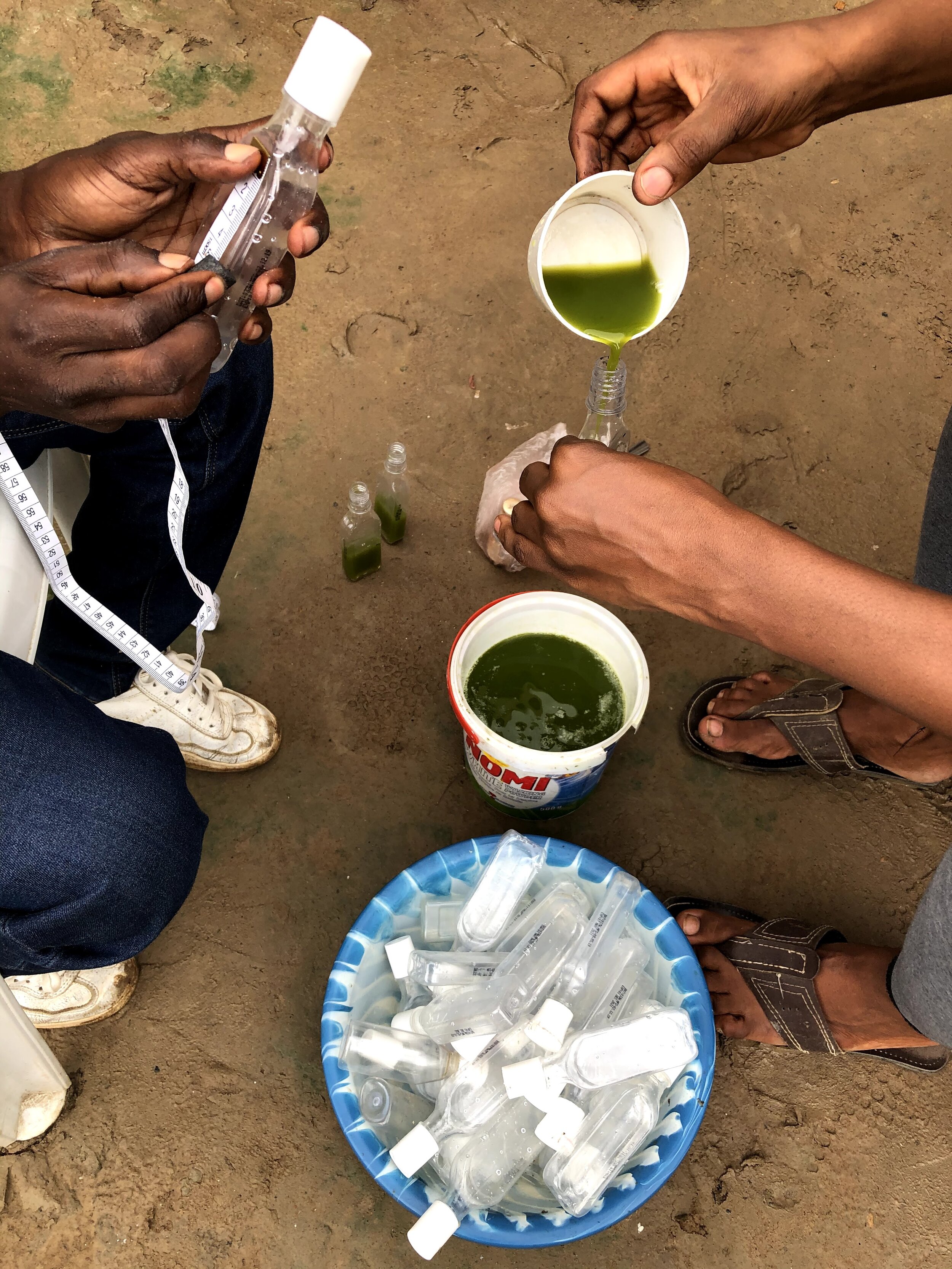How to deal with COVID-19 in Nakivale Refugee Settlement
Article by Raphael Muvunga
The whole world is affected by this new coronavirus (COVID-19); it takes no consideration of continent, race, religion, or belief. Doctors, governments, and NGOs are looking for potential solutions to stop the spread, with a range of different approaches, solutions and measures implemented to contain the virus. As COVID-19 is everybody’s concern, we are all needed to act and contribute to slow down the spread, even people living in isolated areas like Nakivale Refugee Settlement.
The virus spreads through close contact. As human beings are naturally social, many of us perceive an obligation responsibility to help and assist others. This leads to unintentional close contacts among members of the same family or community, which later speeds up the spread of COVID-19. The number of cases of people affected by COVID-19 is growing every minute; the outbreak has now spread globally including Uganda.
The Ugandan government together with the ministry of health have taken this pandemic seriously and mobilized medical boards and NGOs to come up with sustainable solutions to slow down the pandemic in Uganda.
On the 1st of April 2020, as a response to the virus reaching Uganda, the president announced a lockdown of 14 days countrywide. For the first time in Uganda’s recent history Schools shut down, transport suspended, shops closed, churches are locked, and there are no bodabodas on the streets. Only restaurants, shops that supply food, some supermarkets, and some essential enterprises are open. On 14th April, the president renewed the countrywide lockdown for 21 more days (until the 5th of May 2020).
”The country has so far registered 79 cases. Among them, 47 patients recovered and 0 deaths linked to the coronavirus were recorded. But the hope in the fight against the coronavirus in Uganda lies in the number of people recovered and the directives brought by the government.”
For many, the ability to ”stay home” is a privilege they cannot afford as a good number of the population lives on a day-to-day basis. Police officers have used force to execute government directives as many people still hang on the street, looking for revenue opportunities to provide for their families. This situation also extends refugees who live in camps.
Uganda is one of the top refugee-hosting countries in the world (1,423,377 refugees, last updated 31 Mar 2020. Source - Office of the Prime Minister, UNHCR, Government of Uganda), and currently, Uganda has 11 refugee settlements and camps.
One of these, Nakivale Refugee Settlement, is home to more than 100,000 people who live in poverty and hunger. Many were forced to leave their homes and families due to war and insecurity - they ended up in Uganda, a neighboring country, as asylum seekers or as refugees. In the settlement Reception Center, the place where people first arrive, more than 100 people live in one shelter. Social distancing is inconceivable, people share a kitchen, food, and other devices in order to overcome famine. In places such as this, it is simply unimaginable to live without assistance. Since no one has enough tools or food to support themselves, members of the community have always supported one another. The majority live depending on aid from the United Nations (UN) but unfortunately, the World Food Program (WFP, UN catering program) ration has been cut down as the pandemic remains and lockdown continues. Many refugees lack access to mobile phones and the internet; consequently, they also lack essential pieces of information about prevention measures. Most also lack access to sufficient medical assistance should a surge occur.
However, Promise Hub is mobilizing existing local organizations and leaders to brainstorm practical solutions that can be applied to prevent the disease in the refugee settlement. The first response is to make as many protective masks and hand sanitizers as possible to be distributed for free everywhere in the camp. As the mask needs to be made of something you already have around the house, Kitenge fabric seems to be a good choice (popular African fabric found in abundance in Nakivale). Hand sanitizers are made with rubbing alcohol, aloe vera, and other essential substances to be effective in killing germs.
Our campaign is still ongoing, we have an objective to provide the whole Nakivale with protective masks and hand sanitizers. You can join our campaign today and help save 110,000 people from this new pandemic by donating here.




